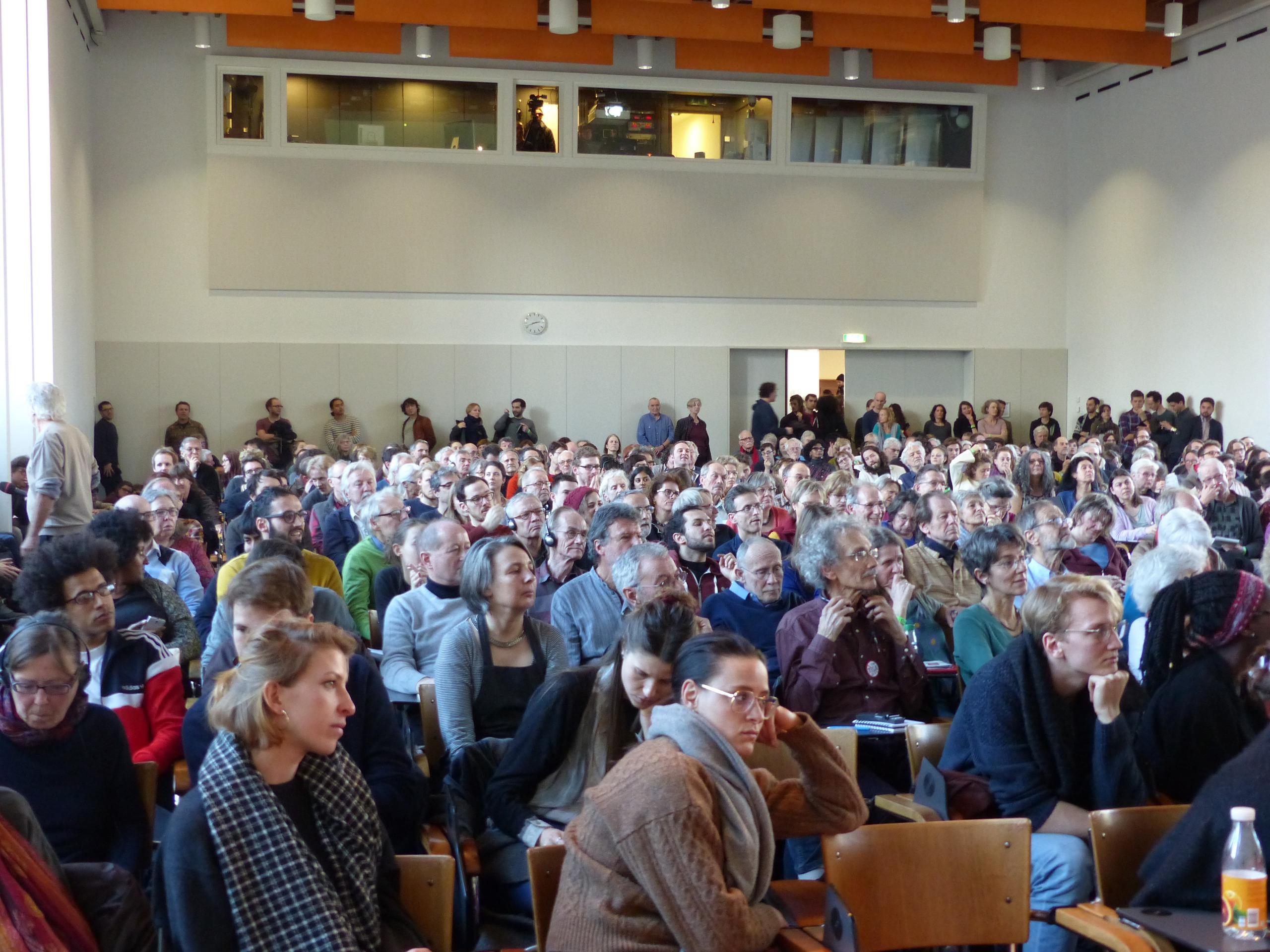The decade of ballot box upsets is over

Since the last parliamentary elections in Switzerland in 2015, the Swiss people have not adopted one single popular initiative. Considering the Swiss voted in favour of two, three, and even four popular votes in the previous three legislative terms, this is a big change. Is this a coincidence or a turning point?
In the Swiss political system, popular votes are a great way for the opposition to have a say. Those who want to change the constitution need to collect at least 100,000 signatures and subsequently win a nationwide vote, usually with the majority of people and cantons defeating government and parliament.
Since they were introduced 125 years ago, 330 people’s initiatives have been launched, 210 of which were effectively voted on. Proponents were successful in 22 of these vote — a success rate of 10.5%.
For a long time, a ‘yes’ vote was deemed an incredible political success. This, however, changed in 2004, when the Swiss people voted in favour of 11 popular votes in a single decade. In the legislative term from 2004 to 2007, a record 40% of the votes were adopted.
For a long time, a ‘yes’ vote was deemed an incredible political success.
Wide-open window of opportunity
Political analysis on the success rates of people’s initiatives tend to quote the “window of opportunity” concept. This refers to a period during which reaching certain goals is supposed to be easier.
Indeed, the period between 2004 and 2014 was ideal to launch people’s initiatives on immigration and globalisation. This led to the strengthening of criminal law and initiated laws on environmental conservation. Six of these initiatives were launched by the political right, two by an alliance of leftwing and Green parties, and one did not have a clear political direction.
About the author
Claude Longchamp is a senior political expert and one of Switzerland’s most experienced and highly-regarded political scientists and analysts.
He founded the polling and research institute GfS BernExternal link, which he headed until his retirement. Longchamp has analysed and commented on votes and elections on SRF public Swiss television for 30 years.
Longchamp also runs two German-language blogs: ZoonpoliticonExternal link on political issues and Stadtwanderer External linkwith contributions about historical topics.
This text is part of #DearDemocracy, a platform on direct democracy issues, by swissinfo.ch. Contributors, including outside authors frequently share their views. The opinions expressed here are not necessarily those of swissinfo.ch.
Trust in government hugely dented
By Swiss standards, trust in the government suffered an unusually big setback during the transition period. It started with the election of Christoph Blocher of the Swiss People’s Party to the seven-member government. This vote led the political centre and left parties to lose confidence in the authorities.
After Blocher was voted out in 2007, the mood changed. Now, it was the political right’s turn to be suspicious. The anxious rural population, the lower class without much prospects on the labour market, and the middle class, who felt threatened that they would lose their standard of living, were the biggest supporters of rightwing popular opposition. They were particularly well-mobilised through these nationwide votes.
It was not surprising that the majority of the supporters of Blocher’s party voted in favour of such rightwing initiatives. However, Swiss people with no party affiliation were also repeatedly won over by such votes. Even allies of different parties with more or less strong minorities supported these initiatives. This was the only way to attract majority support.
Back to normal
From my perspective, this trend is not necessarily over, but the state of emergency certainly is. Life is back to normal. We have reached a turning point.
The following three observations back up this thesis:
First: The flood of people’s initiatives is losing its force. The times of launching 25 initiatives between two elections, like in the period between 2012 and 2015, are over. Studies show that people have never trusted institutions as much as they do now.
Second: The Swiss People’s Party is fully integrated again into the government. However, it has lost its almost undisputed lead in initiating people’s initiatives A new civil society has popped up on the internet launching campaigns out of the blue. They are doing better than the initiatives of the People’s Party, which has not won a single popular ballot in the past four years.
Third: The authorities’ policies are gaining ground again. The Green Party’s failed initiative for a nuclear phase-out is exemplary of this. The defeat was partially due to the decision taken by the government and parliament to turn their energy policy around, which was supported by the Swiss people.
The People’s Party has lost its almost undisputed lead in initiating popular votes.
A recipe for future success
So, life is back to normal. The only coincidence is that not a single popular vote has been adopted since 2015. I am convinced that one of the ten people’s initiatives will be adopted in the future. Initiatives will continue to have a chance if they tackle problems affecting a large part of the population and aim for an impartial moderate solution. Such popular votes have to be launched by the opposition.
Government and parliament are on the other side of the spectrum. They have to meticulously analyse their opponents’ agendas in order to make reliable decisions on whether, where, and how concessions are necessary.
Strategic mistakes upset stable alliances consisting of the majority of government parties, important interest groups and supporters from civil society. If such alliances are non-existent or are falling apart, people’s initiatives will become more popular again, even when life is back to normal.
Translated from German by Billi Bierling/urs

In compliance with the JTI standards
More: SWI swissinfo.ch certified by the Journalism Trust Initiative












You can find an overview of ongoing debates with our journalists here . Please join us!
If you want to start a conversation about a topic raised in this article or want to report factual errors, email us at english@swissinfo.ch.